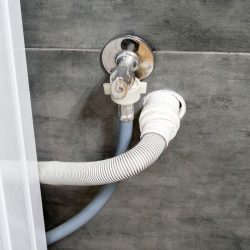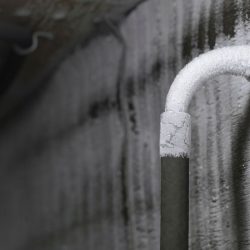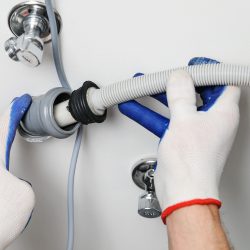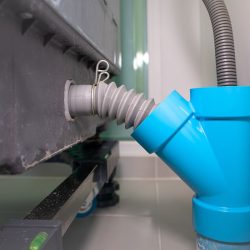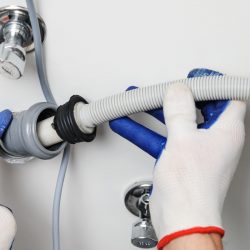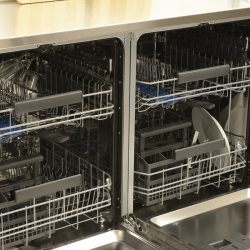Having a dishwasher in the kitchen is essential. It not only saves us time cleaning our dishes, but it also saves us the hassle of having to scrub them clean.
However, figuring out how to set up a dishwasher isn't always so seamless. Suppose you want to run your dishwasher drain hose under the floor but don't know if this is possible. Luckily, we have the answer!
It is possible to run a drain hose under the floor but with the recommended setup. The drain hose should be linked to the sink for continuous water flow.
You need to exert more effort for this drainage system and be prepared for untoward water and line damage.
Let's now discuss how we can run the dishwasher drain hose under the floor and know different considerations when installing them. Without further ado, let's dive right into this topic!
Can I Run A Dishwasher Drain Hose Under The Floor?
Your dishwasher and drainage system should be installed appropriately. Waste coming from the dishwasher should be filtered and drained. Most homes have specialized drainage lines that can be installed under the floor.
When planning for a drain hose to run under the floor, it should have a different setup depending on the overall size and type of the room.
While running the drainage hose under the floor is possible, the recommended setup should be like this: the dishwasher drain should be synched onto the sink to allow the waste to flow to a more polished drainage system.
There are instances where the sink is not close to the dishwasher. So the hose line will run underneath the floor, and you will need more space for this setup.
Generally, the hose line and the drainage pipe should be connected to the sink. This is a more expansive kitchen layout than running drainage under the floor.
Check out this product on Amazon.
Things To Consider When Running A Drain Hose Under The Floor
When you decide to run a dishwasher drain hose under the floor, it takes a great deal of planning. Determine the layout and the overall setup of the drainage.
Below are the things that you need to consider:
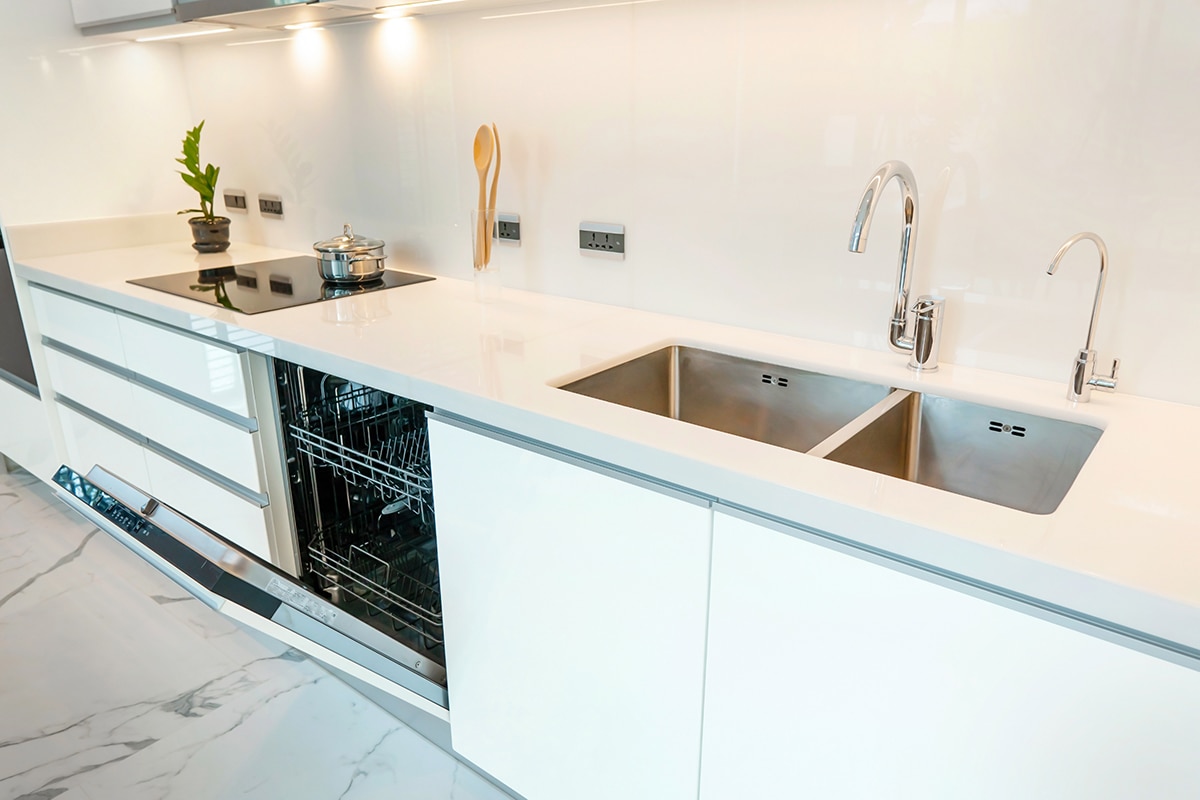
Drainage Channels
Imagine that you have a drainage hose under the floor. The next thing to do is to have a trench or channel for the hose pipe. This way, the water and the waste will drain smoothly up to the main line.
Remember that the hose pipe should not be exposed to avoid future damage. This is why we need to make a trench to cover the pipe to protect itself.
Dishwasher And Sink Combinations
The dishwasher and sink combination is essential when you plan for installation. Without one of the two, then it is not ideal. These two are crucial keys in plumbing.
The sink should catch all the waste materials directly from the dishwasher when the water flows.
Potential Water Damage
When draining the dishwasher under the floor, you must deal with water damage risks. There will be an increased risk of leaks when water travels from the central drainage system.
Some of your appliances could be affected. It would help if you gave full attention when you drain your waste.
Make sure that everything is installed well and flows efficiently. Test all the possible leaks and water damage so you won’t face any future problems.
Creating A Straight Path
One of the most common mistakes when installing drainage from the dishwasher is that it won't have a straight path. This only means that there could be a lot of blockages that will cause the pipe to leak.
Be vigilant in this situation, as the water and waste should flow to the main line without any zig-zag flow. Position the drain hose to be straight as possible.
What Causes A Dishwasher Drain Hose To Clog?
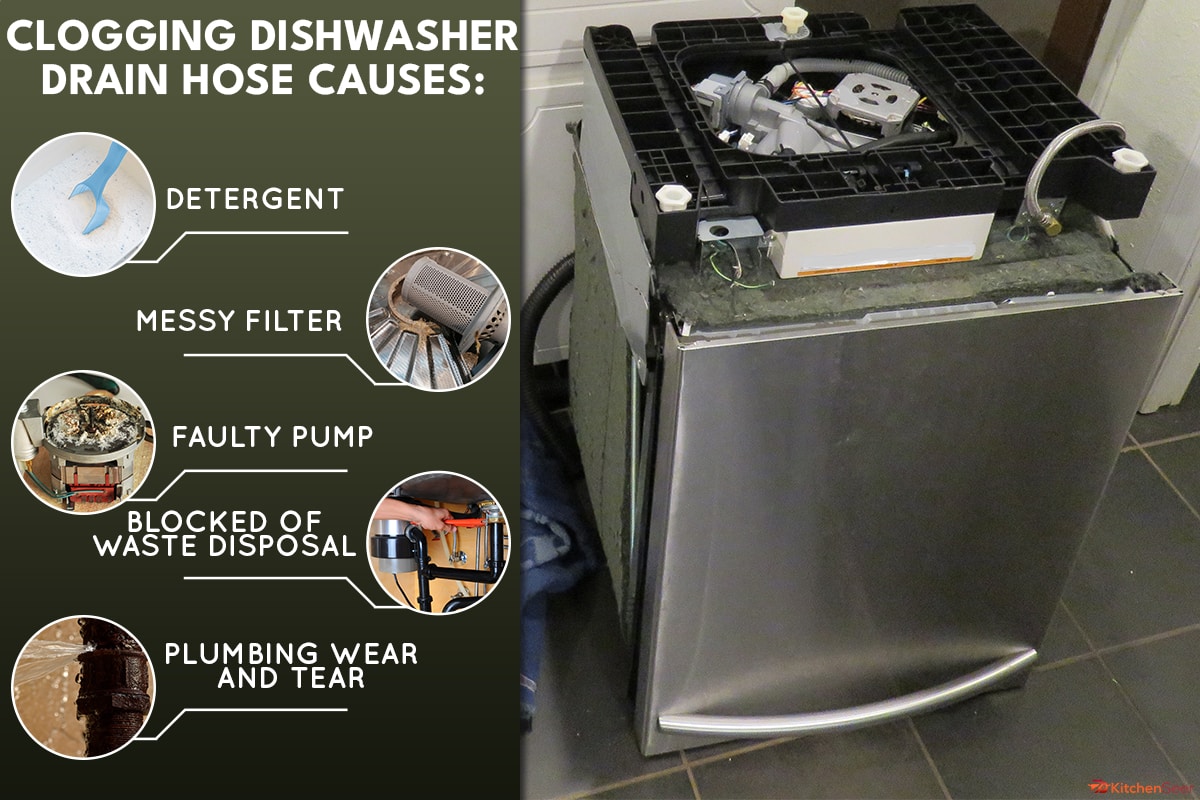
Clogging is one of the most common drainage problems. This problem will start to arise when the drainage system is not in good condition.
The dishwasher drain should be installed properly and cleaned regularly.
Of many of the issues, malfunctioned dishwasher is the most common. Well, you will be stressed out when you get to see your dishes piling up.
Common problems such as washers that won’t operate, plates not drying anymore, and spots on dishes can be well taken care of by experts.
Let's discuss a few leading causes for a clogged dishwasher drain hose below:
Detergent
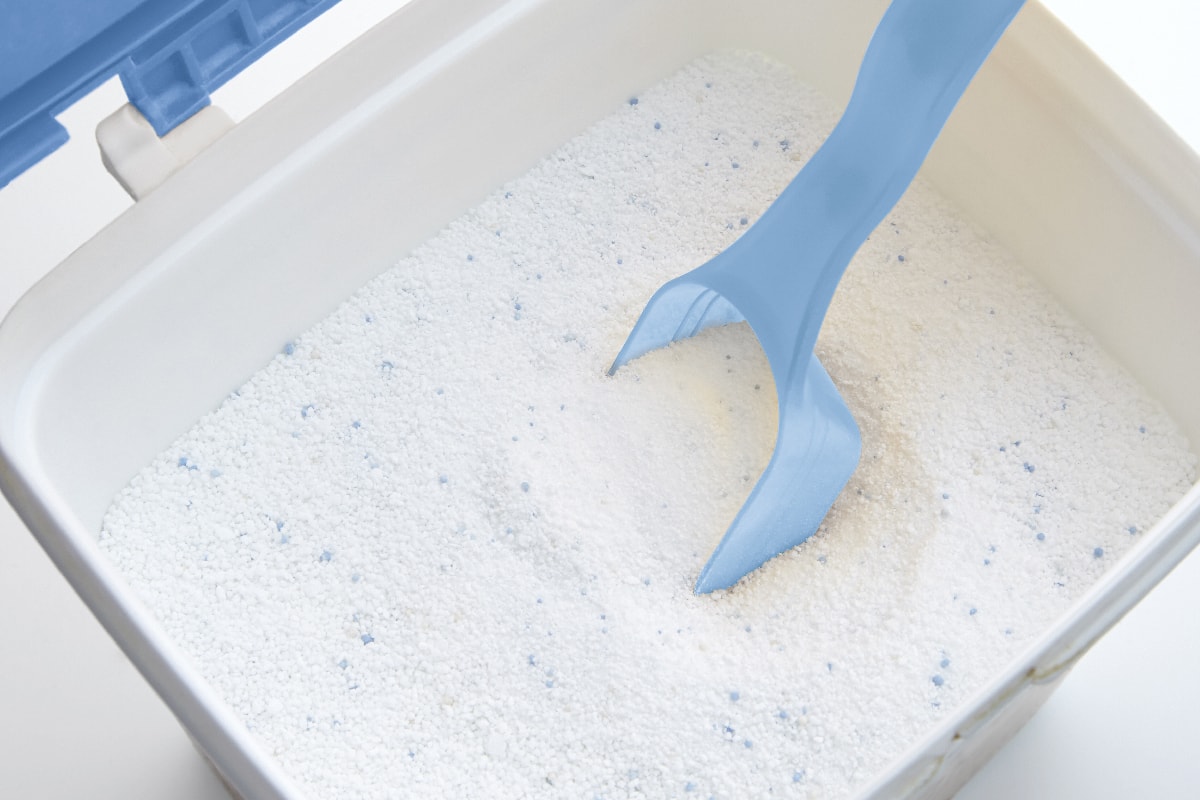
Most people use liquid detergent for their washing machines and dishwasher. However, the detergent doesn't need to cause clogs in most drains.
There is a possibility that powdered detergent can be the culprit for clogging. But when you dissolve the powder, you cannot promote any effects on drains.
It is essential to check your manual for the specified type of detergent to be used in your dishwasher or washing machine.
Messy Filter
The filter blocks food waste and debris from blocking the dishwasher drain. The filter may clog over time when not cleaned regularly. This is also a part of your dishwasher maintenance.
Once you confirm that the filter is the source of clogging, you can have a DIY filter cleaning by using vinegar and water. This will help clear the molds which build up inside the drain that cause clogging.
Faulty Pump
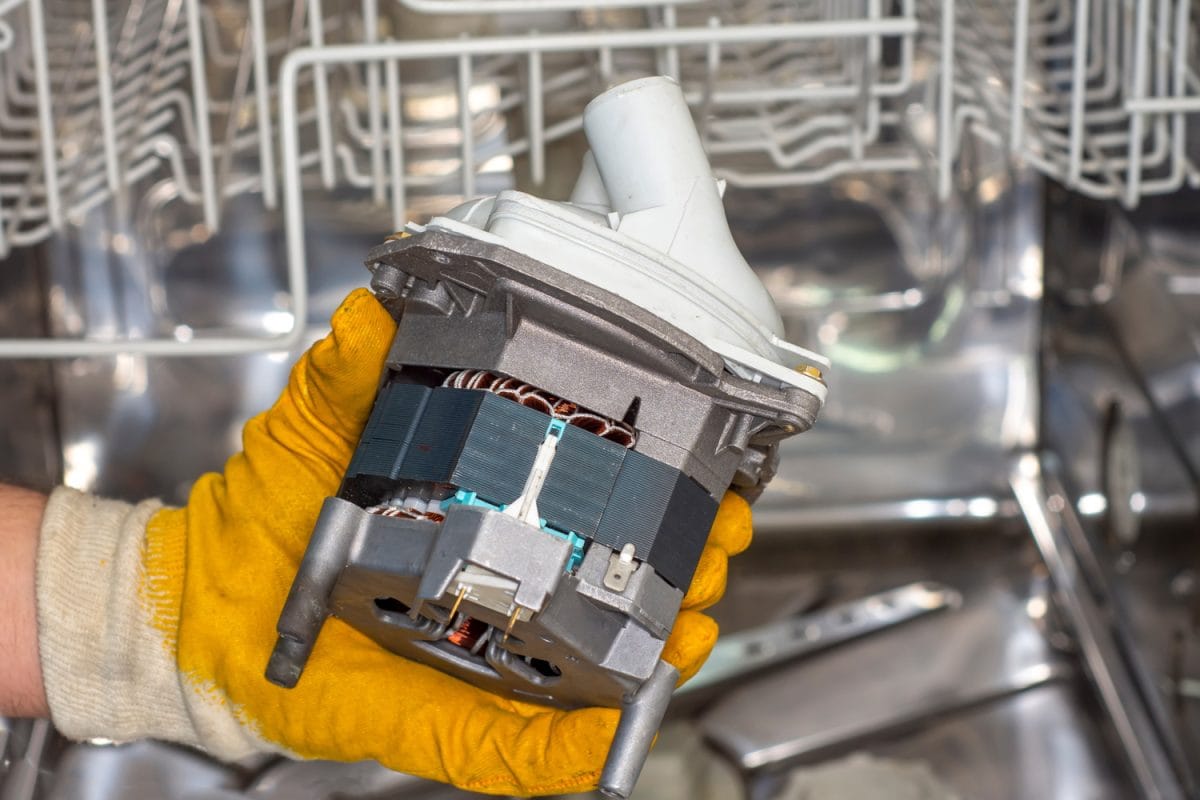
After the dishwasher finishes, the water flows down the drain to the sink, where the hose is attached. However, due to gravity, water is forced with pressure from the drain pump.
This means that the drain pump malfunctions when you open the dishwasher and find out that there is water left out at the bottom.
Check out this dishwasher pump on Amazon.
Blocked Disposal
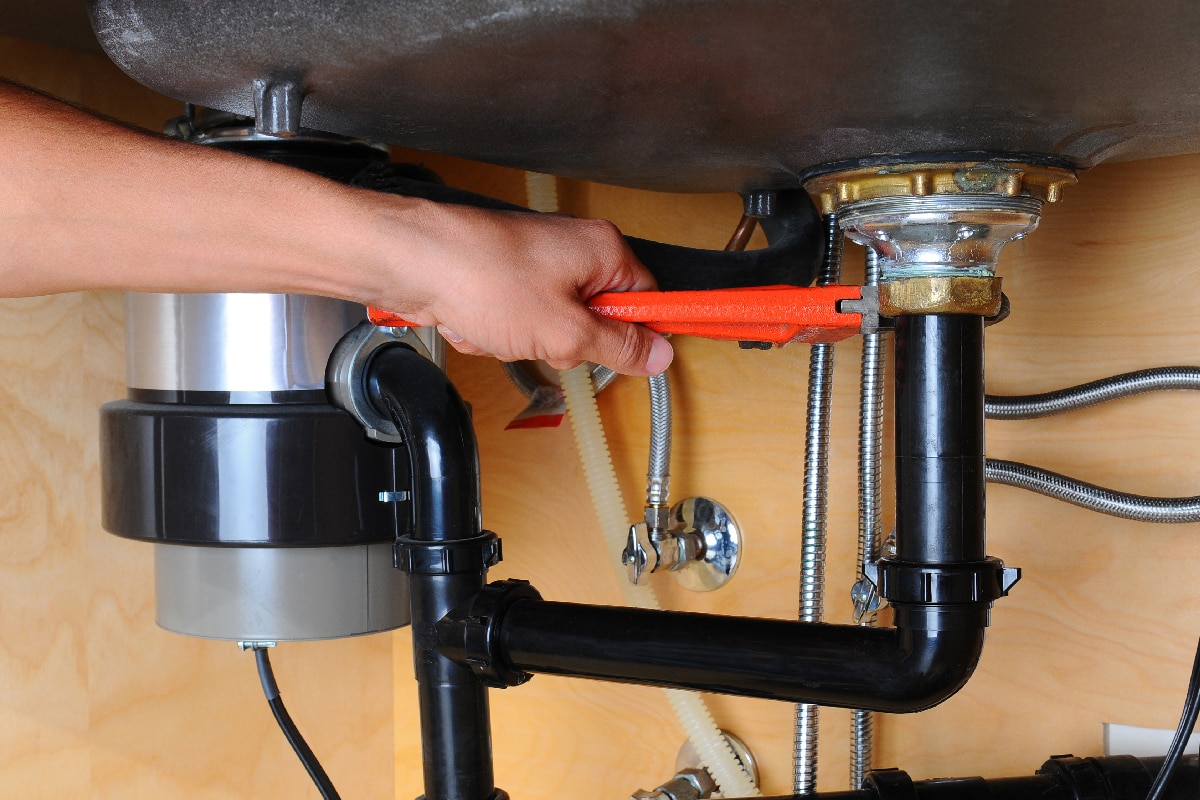
Once the waste disposal is blocked, it creates a water flow delay. To remove the clog, you may run the hose with water. If not resolved, this will let you call your technician.
Plumbing Wear And Tear
Your drainage system won’t forever stay as it is. Expect them to wear out over time. Extreme weather condition also contributes to the breaking of your plumbing.
So, if you think that your dishwasher needs replacement, then do so. It will be more convenient for you to use an excellent condition appliance than stress out with highly costs repairs.
Where Do Dishwasher Leaks Come From?
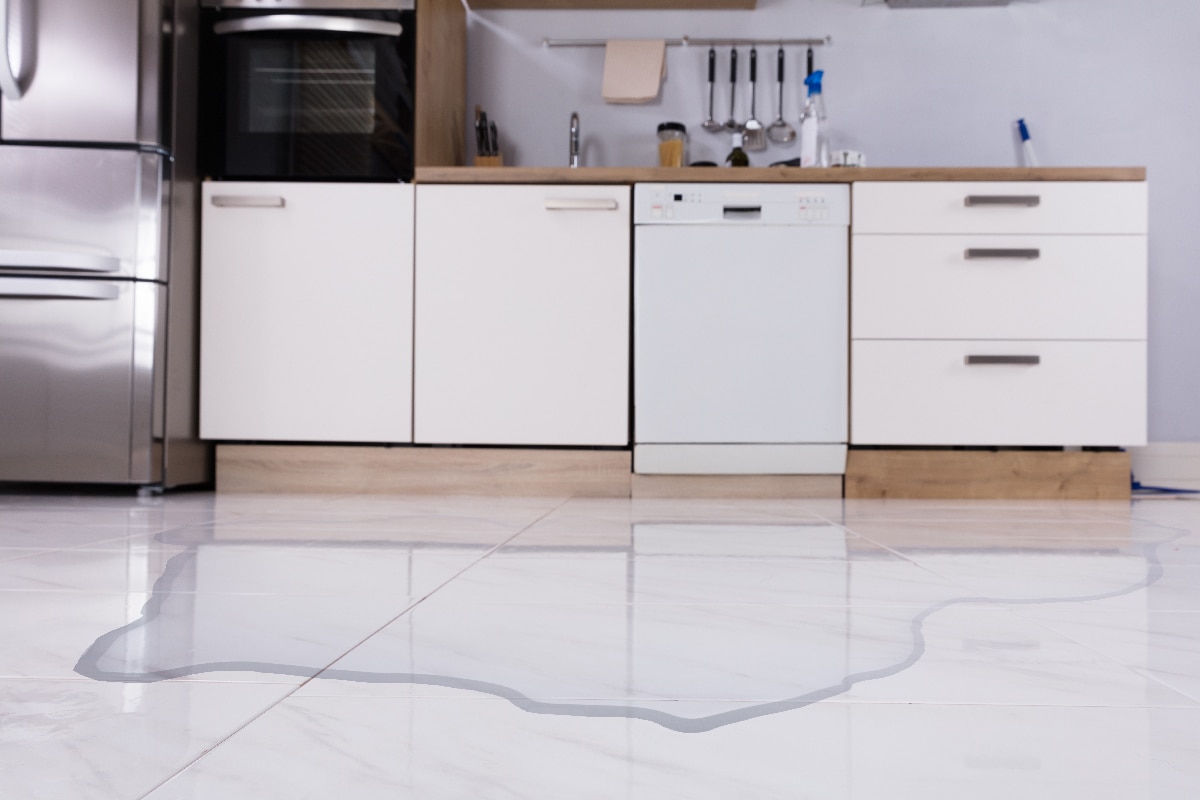
Dishwashers should not spill any single drop. However, you can’t avoid leaks and damage from developing in a certain time. You may expect for old dishwashers this kind of issues as parts may fail due to wear and tear.
If you notice any signs of leaks, these could be from any of the following:
- There are three possible areas at the bottom of the dishwasher where you can find leaks: the inlet, the drain, and the seal. Leaks from these areas can sometimes be due to loose clamps, deformed gaskets, and damaged pumps.
- The hose carries water from the plumbing to the inlet. If this connection starts to loosen, expect water leaks in this area.
- Sometimes, you tend to forget to close the lid when you hurry for dish cleaning. The dishwasher door does not securely tighten the latching. If you find it leaking, the drains are clogged. Locate the culprit, such as food particles and soap residue.
Final Thoughts
You have learned that it is possible that the dishwasher drain hose can run under the floor. However, you have to consider many things. It will be best that you should follow the ideal setup so you will not encounter problems in the future.
The dishwasher drain hose should be integrated with the sink as per the recommended setup. This way, it will be easy to drain the dishwasher.
Seek proper consultation and advice from your plumber so you can have a successful installation of your dishwasher drainage system.
Made it to the end? Check out these helpful related posts!
Should I Be Able To Blow Through A Dishwasher Drain Hose?
Where to Drill Hole for Dishwasher Drain Hose?
How to Unclog a Dishwasher Drain Hose



